Saudi Arabia
Muslims from around the world are gathering in the Saudi Arabian city of Mecca for the annual Hajj, one of the Five Pillars of Islam.
Over the coming days, they will immerse themselves in religious rituals and acts of worship that originated more than 1,400 years ago.
And as in previous years, they will also have to contend with excessive heat and a crackdown on unauthorised entry.
After last year's suffocating temperatures resulted in more than 1,300 deaths, the Saudi authorities are taking additional measures to ensure the safety of people, spending billions of dollars on crowd control and cooling.
In one of the biggest policy changes in years, Riyadh has introduced a ban on the participation of children younger than 12.
The pilgrimage is a once-in-a-lifetime obligation for every Muslim who can afford it and is physically able to make it to Islam’s holiest city, the birthplace of the Prophet Muhammad.
But the Hajj has limited capacity, with set quotas for countries.
Muslim-majority countries like Indonesia and Malaysia have decades-long waiting lists, while India has a ban on “repeaters” to give others the opportunity to go.
Indonesia has 5.4 million people awaiting their turn, with the number increasing each year.




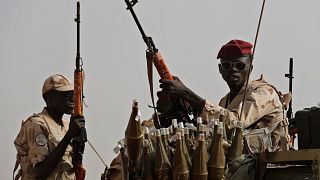
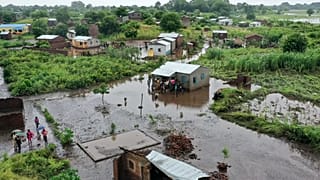

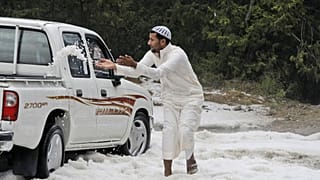
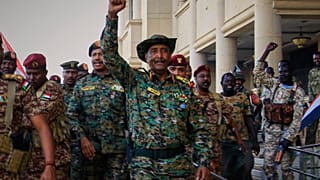

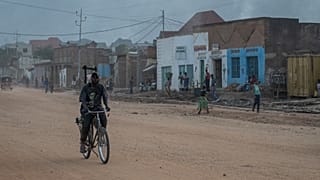
01:00
Japan: 100 worshippers endure icy waters for Shinto ritual in Tokyo
02:19
Thousands gather to mark Benin's Vodun Days showcasing local culture
01:07
Vodun Days festivities kick off in Benin's Ouidah
01:00
Ethiopians gather for Orthodox Christmas Eve candlelight ceremony
01:00
Young men in Greece dive for wooden cross in Epiphany celebration
01:27
Cuban Santería priests warn of conflicts and violence in 2026